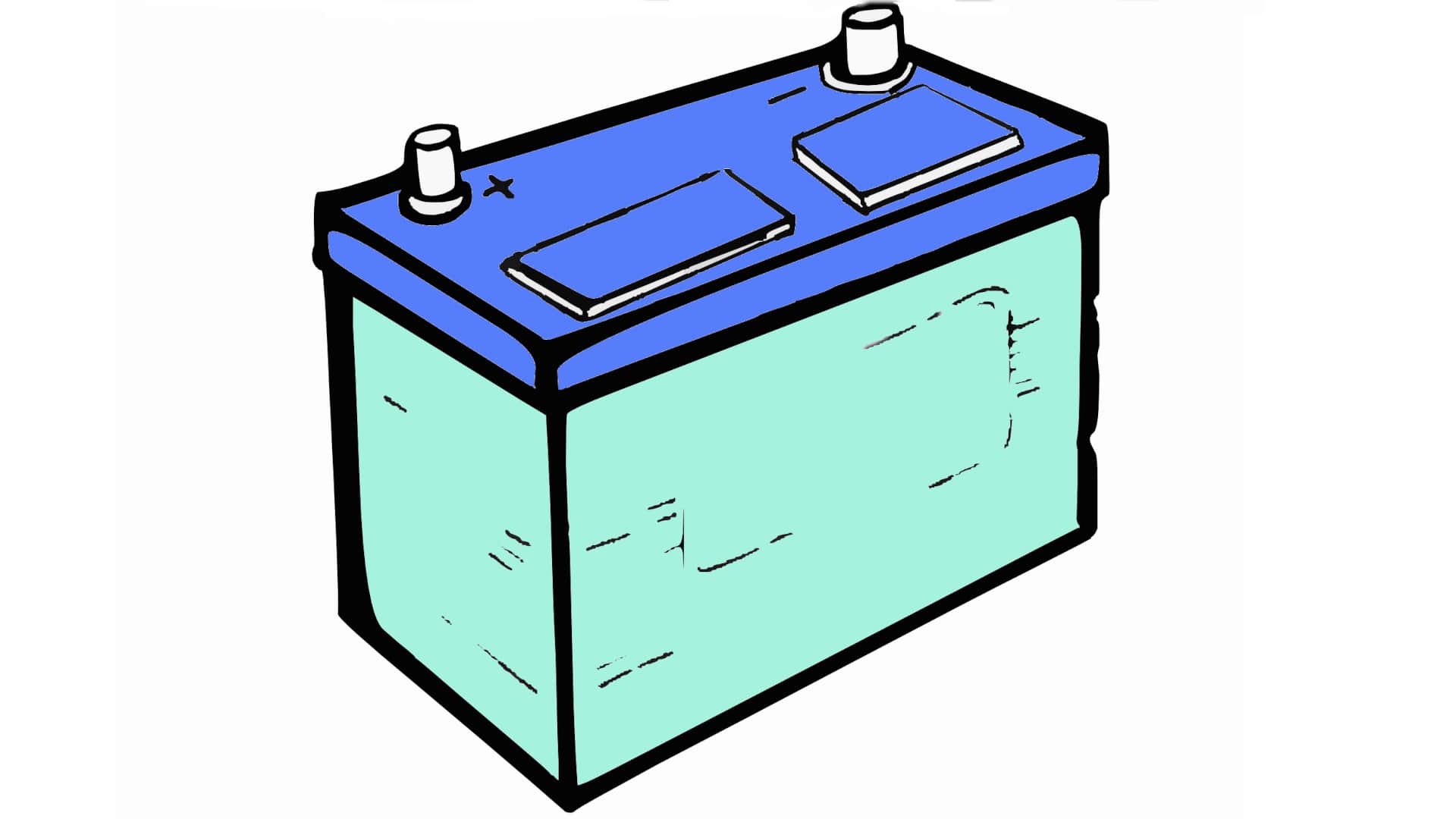In this article, I give you 7 simple tricks for longer battery life. The average car battery life is three to five years, but many drivers find that their batteries last shorter than average. Why is it like that? People often do not take enough care of the batteries.
The battery is among the key items for vehicle maintenance , and these 7 tips can save you a lot of money in the long run.
1 Check the condition of the battery terminal once a month
One of the main problems with the battery that the owners face is the accumulation of rust around the terminal.
Rust affects the connection between the battery and the vehicle and many batteries need to be replaced if too much corrosion accumulates.
However, this can be easily prevented by inspecting the terminal once a month and removing occasional rust to prevent deposition. You can do this very simply, by pouring Coca-Cola over the affected area, or an anti-corrosive paste that you can make yourself (¼ water with ¾ baking soda).
The acid in the Coca-Cola or the alkaline properties in the paste will eat away at all the corrosion from the terminal. After the rust is removed, take a dry cloth to clean the remains and moisture.
Do not start the car until the battery is dry, and you can coat the terminals with anti-corrosion agent.
Of course, you will need to remove and reconnect all cables during this process.
2 Do not turn on additional consumers before driving
When the car is turned on, all the electricity comes from the alternator, which charges the battery after a voltage drop.
But when the car is not turned on, and you use electronics (radio, lights, air conditioning), all the energy comes from the battery. This is bad because the batteries are not designed for this type of energy consumption. Be careful with this use of batteries, especially if you go on a trip because such developments in European countries can spend a lot of money unexpectedly.
Batteries provide sudden voltage, and use for power over a long period of time damages the battery and reduces service life.
3 The battery must be firmly seated
The battery must not be moved while driving, as a short circuit may occur if it is not firmly attached. This is not only a danger to the battery but also to the rest of the complex electronics.
The same danger applies if the cables are inadequate, ie if they are not well connected or there is damage along the connection.
4 Install insulation
Although many think that winter is fatal for the battery, it is true that extreme temperatures at both polarities have a negative impact on the battery and reduce its service life.
Newer models usually have their own insulation, but if it is older, you can buy an insulation kit and add a protective layer around your battery. Just make sure the kit fits your battery because it is not a universal size.
Insulation foil is good because relatively cheap car parts can reduce your cost in the long run.
5 Charge the battery at least once a week
The battery loses power even if the car is not switched on. This happens because there are “quiet” consumers who draw energy at all times, regardless of whether the car is turned on or not.
That’s why people are often surprised when they return from vacation and find a dead battery under the hood. Also, it is not wise when you go for a walk, or an interesting short trip with friends, to be surprised by a discharged battery.
Batteries can be recharged in two ways, by long drive (alternator) or by a charger. If you can’t do long rides, then it’s more convenient to use a charger. However, removing the battery is not always easy and often requires resetting the car computer. You should also bring the battery to the charger if you do not have a garage.
Do not overcharge the battery, a good charger will automatically stop charging when it is full.
6 Check the fluid level
Most new cars will let you know if you need to refill the battery with liquid, and some batteries do not have this option because they are completely closed.
For those where it is possible to top up, it is necessary to add only distilled water, at a level slightly above the plates.
7 Check the alternator
Everything we have listed is well known to you and you practice these tips on a regular level, but you still have problems with the battery that run out of time ahead of time?
In that case, the problem is most likely with the alternator. If there is a problem with the alternator, it will not be able to effectively recharge the battery, which will drastically affect the life of the battery itself.
How long do batteries last for you on average and what are your tips?

